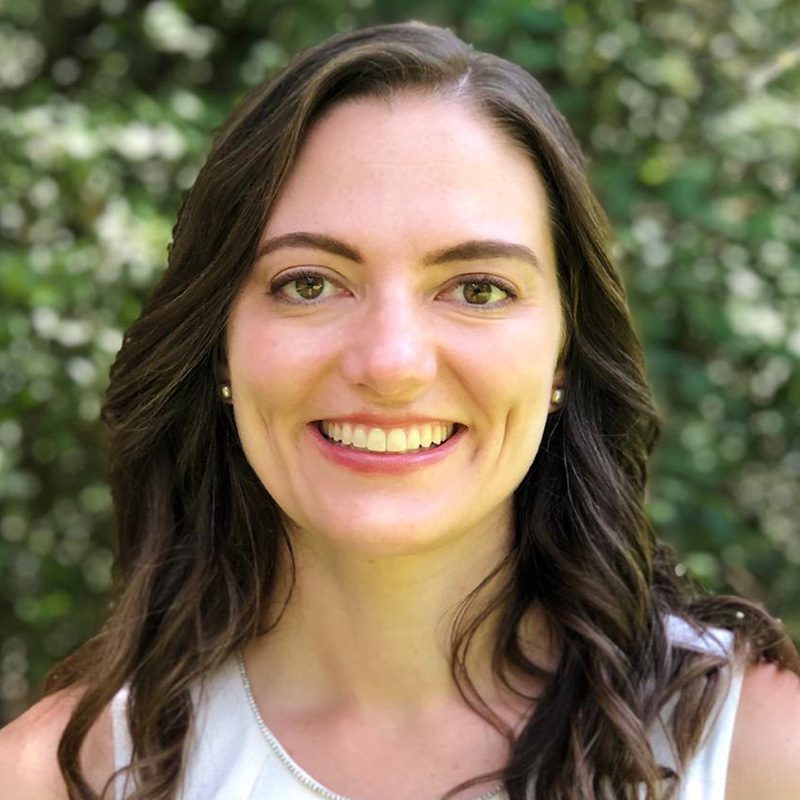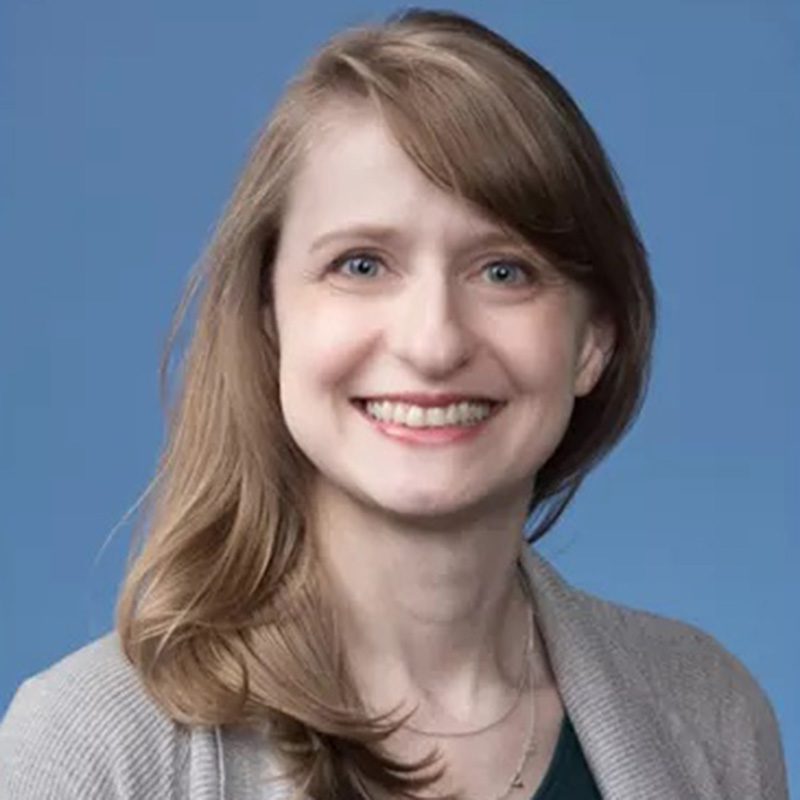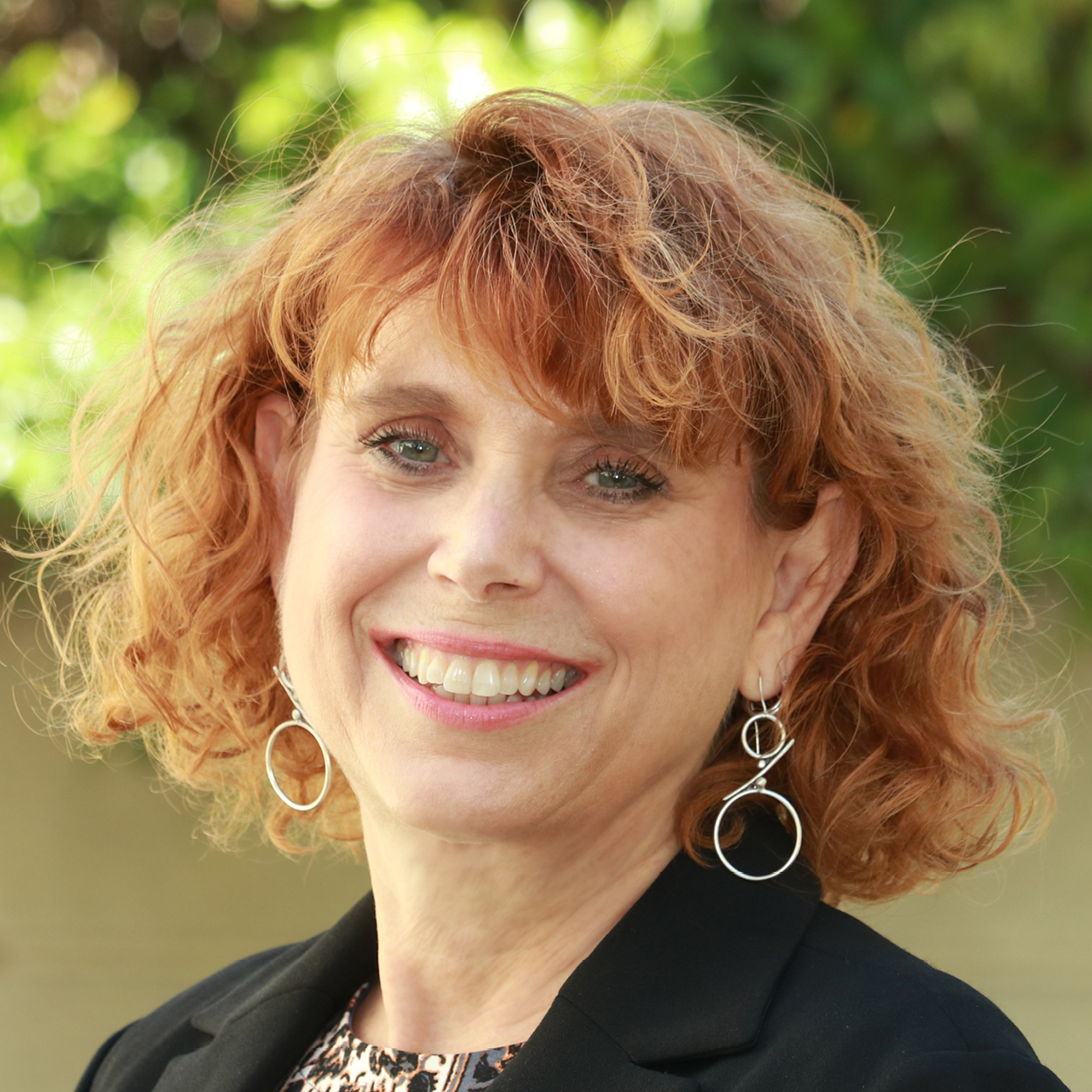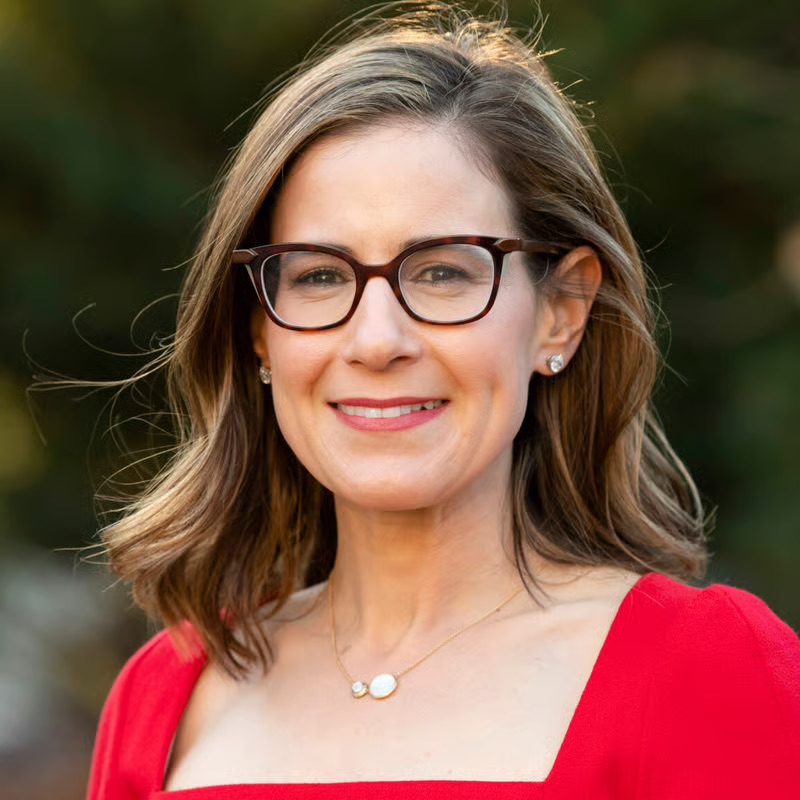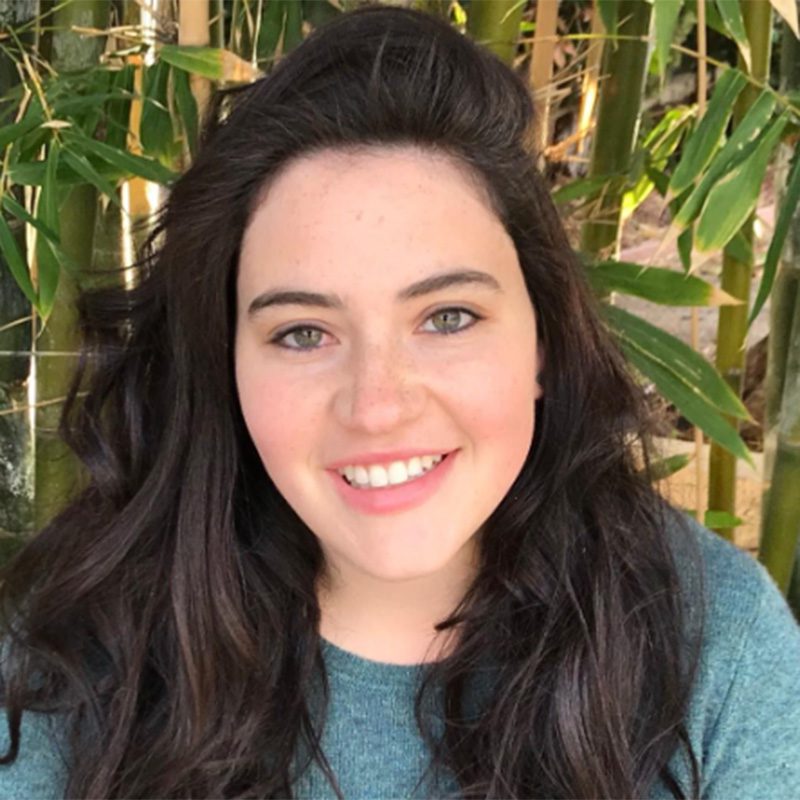
November 14, 2025
SKIRBALL CULTURAL CENTER
LOS ANGELES, CA
Schedule
Track A: Early Years
Early identification, intervention, and family supports that lay the foundation for growth and resilience in the critical 0–5 window.
Track B: Childhood
Practical strategies to strengthen learning, behavior, communication, and socio-emotional development in school-age children.
Track C: Young Adult / Adult
promoting independence, identity, mental health, and life skills in the transition to adulthood and beyond.
Track D: Caregiver & Clinician Supports
Providing caregivers, clinicians, and educators with the tools, strategies, and guidance they need—both to sustain their own well-being and to offer effective, compassionate support for those in their care.
Within each track, sessions are organized into four thematic areas to guide your learning:
Session 1: Emotional Wellbeing & Mental Health
Advancing strategies to promote resilience, regulation, and psychological wellness for neurodivergent individuals and their families, across all life stages.
Session 2: Learning & Development
Exploring innovative educational approaches and interventions that foster cognitive, social-emotional, and adaptive growth for diverse learners.
Session 3: Social Communication & Connection
Focusing on social communication, language development, and tools that enable meaningful interaction and relationships across the lifespan.
Session 4: Therapeutic Supports
Highlighting evidence-based practices, clinic and family-centered approaches that enhance daily functioning, independence, and long-term quality of life.
Registration flexibility:
When registering, you may choose to follow a single life stage track for a cohesive, in-depth experience, or mix and match across tracks and sessions to create a customized agenda that aligns with your personal or professional goals.
Friday
7:30am – 8:30am
Main Hall
Guest Check-In and Breakfast
9:00am – 10:15am
morning keynote
The 5 Principles of Parenting: How to Raise Good Humans
Presentation Description

Aliza Pressman, PhD
In the age of parenting information overload, Dr. Pressman provides a reassuring message: there are only five simple things you need to know to raise good humans. In this presentation, Dr. Pressman explores these five science-backed principles—Relationship, Reflection, Regulation, Rules, and Repair—and offers a simple framework for how to apply each to common parenting scenarios, from managing tantrums to setting screen time limits.
Drawing on her background in risk, resilience, and prevention and her leadership at the Mount Sinai Parenting Center, Dr. Pressman will highlight how the 5Rs can be applied across a wide range of families, including those raising neurodivergent children as well as families navigating stressful circumstances. Parents will leave with practical strategies for incorporating the 5Rs into daily life, tuning out the noise, and reclaiming the joy in parenting. The session is also designed for professionals, providing them with a clear, accessible framework they can use to support parents in fostering resilience and healthy parent–child relationships.
Learning Objectives
At the conclusion of this program, participants will be able to:
- Define resilience and explain its relevance to parent–child relationships.
- Describe the five core principles of parenting (the 5Rs) and how they apply to everyday family scenarios, including in families with neurodivergent children and those under stress.
- Explain the buildable skills associated with resilience and how parents can nurture them in children.
- Identify practical tools and strategies that caregivers and professionals can use to help families integrate the 5Rs into daily interactions.
10:25am – 11:25am
Session 1
1A - Supporting Resilience in Families with Young Children: Exploring Parent/Caregiver Emotion Regulation, Reflective Functioning, and Emotion Socialization Practices: Nastassia Hajal, PhD
Presentation Description:
This presentation will orient participants to working definitions of parent/caregiver emotion regulation, reflective functioning, and emotion socialization practices, and provide a brief review of how these constructs are associated with child socioemotional development and adjustment. The talk will also discuss how traumatic events and adversity may impact parents’ ability to regulate emotions, reflect, and engage in effective emotion socialization. A significant portion of the session will focus on applied strategies, with an emphasis on prevention and early intervention programs that support these parental capacities, alongside demonstrations of parent and parent–child activities used in such programs.
Learning Objectives:
At the conclusion of this program, participants will be able to:
Define parent/caregiver emotion regulation, reflective functioning, and emotion socialization.
Describe how trauma and adversity may impact parent/caregiver regulation, reflective functioning, and socialization practices.
Implement an activity to support parent/caregiver emotion regulation, reflective functioning, or emotion socialization practices.
1B - The Brain’s Crescendo: How Music Training Enriches Child Neurocognitive Development: Assal Habbibi, PhD

Assal Habbibi
Presentation Description:
This presentation will share findings from a series of longitudinal and cross-sectional studies examining the impact of musical training on the development of socio-emotional abilities, cognitive skills, and executive functioning in childhood. Results demonstrate that music training supports improvements in auditory processing, memory, attention, and executive functioning, alongside evidence of neuroplastic structural and functional changes in auditory regions as shown through MRI and EEG. Particular emphasis will be placed on the relationship between music training and executive function, with a focus on inhibition control, where differences emerge in both behavioral performance and neural activity. The presentation will also explore how music training can benefit neurodiverse children, supporting learning and development through accessible, multisensory, and socially engaging experiences.
Learning Objectives:
At the conclusion of this program, participants will be able to:
- Explain how music training can support neurodiverse populations through accessible and socially engaging pathways.
- Discuss the importance of timing, developmental stage, and individual variability in shaping responses to music-based interventions.
- Apply the emotional and social impact of music on children’s development, including its role in fostering connection and well-being.
1C - Stepping Stones to Adulthood: Supporting Youth Mental Health and Developmental Transitions: Anne Marie Albano, PhD, ABBP

Anne Marie Albano
Presentation Description:
The transition from adolescence to early adulthood is often marked by both uncertainty and opportunity, with most young people experiencing optimism and growth. For those with pre-existing or newly emerging anxiety disorders, however, the everyday demands of academic, social, and personal responsibilities can feel overwhelming. As anxiety intensifies, many youth begin to withdraw, which both deepens their distress and restricts independent functioning. While CBT and medication are proven treatments for anxiety in children and adolescents, fewer than half of effectively treated youth maintain long-term remission as they move into adulthood. Families have historically played only a limited role in treatment studies, and developmental milestones or age-appropriate functioning have rarely been the central focus of intervention.
Dr. Albano will introduce the Launching Emerging Adults Program (LEAP), a model that combines the core principles of CBT with new strategies aimed at reducing caregiver dependence, supporting role transitions, and fostering skills needed for independent functioning. This developmentally informed intervention promotes both symptom reduction and improved functioning. Novel components include negotiating developmental hierarchies, preparing parents for the process of “letting go,” addressing core beliefs of both parents and emerging adults, and engaging youth in community-based exposures to practice new skills.
Learning Objectives:
At the conclusion of this program, participants will be able to:
- Recognize the key tasks of development and skills necessary for adolescents to successfully transition to adulthood.
- Explain the interaction of anxiety and avoidance in impeding the mastery of developmental tasks and milestones.
- Implement strategies that decrease parental involvement while increasing youth independence in taking on age-appropriate responsibilities.
1D - Practical Strategies for Using AI to Support Clinicians and Enhance Care for Youth with Diverse Needs: Shiri Sadeh-Sharvit, PhD
Presentation Description:
This session introduces practical approaches to integrating AI-powered tools into everyday clinical and educational practice. Participants will explore how AI can assist with documentation, treatment planning, parent communication, and resource curation to streamline workflows, reduce administrative burden, and support provider well-being. The session will also examine the emerging use of generative AI tools for therapy purposes, discussing both opportunities and the potential risks when these tools are misused or relied upon without clinical oversight. Special attention will be given to strategies for using AI safely and ethically when supporting clients with autism spectrum disorder and other neurodiverse populations. Through real-world examples and discussion, attendees will leave with actionable strategies for leveraging technology to enhance care while maintaining a strong focus on ethics, clinical boundaries, and the provider–client relationship.
Learning Objectives:
At the conclusion of this program, participants will be able to:
- Identify three ways AI-powered tools can reduce administrative workload and improve efficiency in supporting youth and families with diverse needs.
- Evaluate the potential benefits and limitations of using AI in therapeutic and educational contexts, particularly when working with clients on the autism spectrum and other neurodiverse populations.
- Apply practical strategies and ethical considerations when introducing AI tools into caregiver and clinician supports to prevent burnout and enhance quality of care.
11:35am – 12:35pm
Session 2
2B - thinkSMARTer, not harder: Concrete Skills to Improve Executive Functioning: Alissa Ellis, PhD
Presentation Description:
Executive functioning (EF) weaknesses are not only seen in youth with ADHD. They are a transdiagnostic feature of the majority of childhood disorders and often result in significant impairments in functioning. Dr. Ellis will provide a number of concrete behavioral strategies to target these areas and discuss common obstacles that arise in youth with EF difficulties.
Learning Objectives:
At the conclusion of this program, participants will be able to:
- List 3–4 concrete strategies/skills to improve specific areas of executive functioning.
- Describe common obstacles encountered in implementing behavioral strategies for EF Identify common obstacles that arise when implementing behavioral strategies to improve executive functioning.
- Explain potential approaches to overcome these obstacles and enhance the effectiveness of intervention strategies.
2C - Success in Adulthood: Creating Pathways for Autistic Youth to Thrive: Amy Jane Griffiths, PhD, NCSP
Presentation Description:
Current research highlights key components of effective transition planning for autistic youth, including assessing strengths and needs, building meaningful goals, and providing opportunities to develop and practice marketable skills. This session adopts a neurodiversity lens to explore both assets and barriers in the transition to adulthood, including the mismatch between neurodivergent strengths and workplaces often designed for neurotypical employees. Participants will gain a clearer understanding of employment outcomes for autistic individuals, practical strategies to assess and foster career readiness, and approaches to partnering with community stakeholders to create more inclusive pathways to meaningful work and adult life.
Learning Objectives:
At the conclusion of this program, participants will be able to:
- Identify core skills associated with successful career development in autistic youth.
- Describe transition assessment approaches commonly used with autistic youth.
- Apply strategies for implementing skills development to support the transition to adulthood
2D - Paving the Runway to College and Beyond for Diverse Learners: Perry LaRoque, PhD
Presentation Description
This session is designed for families and practitioners supporting students with ADHD, autism, learning disabilities, and other learning differences as they prepare to transition to college. The session provides a practical framework for helping students build the skills necessary for independence and success in higher education. It highlights five critical skill areas—executive functioning, self-determination, resilience, emotional regulation, and self-advocacy—and examines how challenges in these domains can impact the college experience. Using case examples and discussion, participants will explore strategies to foster these skills before and during the transition process.
The session emphasizes a holistic, strengths-based approach that addresses both academic preparation and personal growth. Practitioners will leave with concrete tools and resources they can apply in their own practice to better support students and families navigating this pivotal stage of life.
Learning Objectives:
At the conclusion of this program, participants will be able to:
- Identify the critical skill domains that support a successful transition to college.
- Explain how strengths and challenges in these domains impact student independence, adjustment, and persistence.
- Apply practical, strengths-based strategies to help students and families build readiness for the academic, social, and emotional demands of college.
12:35PM – 1:35pm
LUNCH
Spirit of Hope Award presented to Abbey Romeo (Love on the Spectrum)
1:35pm – 2:35pm
Session 3
3A - The ABCs of Friendship Skills: UCLA PEERS® for Preschoolers: Elizabeth Laugeson, PsyD
Presentation Description:
Friendship can be one of the greatest joys of childhood, but for many neurodiverse children, developing these early connections does not always come easily. This lecture introduces the UCLA PEERS® for Preschoolers Program, one of the only evidence-based social skills interventions for children ages 4 to 6. Developed by Dr. Elizabeth Laugeson, PEERS® for Preschoolers provides parents, educators, and practitioners with concrete tools for coaching children in the ABCs of friendship—from joining play, sharing, and taking turns, to building lasting friendships. Drawing on decades of research, this talk will highlight how social skills can be taught using a neuroaffirming approach and reinforced at home, school, and in the community, setting the stage for lasting relationships and improved social-emotional well-being.
Learning Objectives:
At the conclusion of this program, participants will be able to:
- Identify the core social challenges experienced by neurodiverse preschool-aged children and their impact on early friendship development.
- Describe the structure and key components of the UCLA PEERS® for Preschoolers program, including its evidence base.
- Demonstrate practical strategies from the program that parents, educators, and practitioners can use to support friendship skills such as joining play, sharing, and turn-taking.
3B - Using SCERTS in Natural Routines at Home, in School, and in the Community: From Communication to Connection: Emily Rubin, MS, CCC-SLP
Presentation Description:
As interactive partners, we have a responsibility to understand the lived experiences of autistic and neurodivergent learners, appreciate their neurodevelopmental differences, and adapt the environment to meet their needs. By continually seeking insight and learning, interactive partners can work collaboratively to support neurodivergent children and young people. The SCERTS framework is an evidence-based approach that provides a common language, particularly around provision of support, where developmental capacities in Social Communication and Emotional Regulation are supported by Transactional Support. When we see opportunities for learners to increase their active engagement at home, at school, and in the community, our first consideration should be whether the environment is meeting their needs. SCERTS recognizes that learning is a “two-way street”… encouraging us to adapt our support and environments so learners can thrive.
Learning Objectives:
At the conclusion of this program, participants will be able to:
- Identify three domains of development that are essential for an individual’s active engagement.
- Explain developmental capacities in social communication and emotional regulation that contribute to active engagement and well-being.
- Describe the critical role of the interactive partner across developmental stages.
3D - Screens, Smartphones, and Childhood: A Guide for Parents and Professionals Jenny Radesky, MD
Presentation Description:
Children are developing within a digital world that can offer both opportunities and risks. Parents often feel overwhelmed at managing devices and platforms that are engineered to capture attention or contain feeds that introduce children to inappropriate content. Dr. Jenny Radesky provides a down-to-earth, strengths-based approach to understanding the modern digital world, how to help kids navigate it, and how to find offline alternatives that support child development and sense of belonging. This will include practical strategies for knowing when kids are ready for devices, video games, social media, or AI; a mix of rules, boundaries, and dynamic decision-making around tech; and how to reboot family tech habits when they feel out of control. As a developmental behavioral pediatrician, Dr. Radesky will emphasize kids’ individual differences, neurodiversity, parenting stress, and how to find non-screen alternatives that will support children’s language, social skills, and academics.
Learning Objectives:
At the conclusion of this program, participants will be able to:
1. Describe engagement-prolonging designs and how they affect users.
2. Practice strategies for limit-setting and dynamic thinking around child technology problems.
3. Apply holding a no-judgment conversation with their clients, child, or friends about growing up the digital world.
2:45pm – 3:45pm
Session 4
4A: Supporting Communication in Children with Limited Speech: Charlotte DiStefano, PhD
Presentation Description:
This presentation will discuss Augmentative and Alternative Communication (AAC), including strategies for introducing AAC as well as promoting more complex communication. We will also address barriers to accessing AAC, disparities in access, often for racial and ethnic minority families who often face additional barriers to access and support, and family experiences in advocating for AAC access.
Learning Objectives:
At the conclusion of this program, participants will be able to:
1. Describe strategies for introducing AAC and promoting it’s use.
2. Identify barriers to accessing AAC.
3. Recognize family experiences and advocacy efforts related to AAC access.
4B - Persistent Demand Avoidance (PDA) in School-Aged Children: A Practical Framework for Mental Health Professionals: Laurie Stephens, PhD
Presentation Description:
The concept of Pathological/Persistent Demand Avoidance (PDA) is not new, yet in recent years it has gained significant attention as parents, educators, and clinicians seek to better understand the behaviors of autistic children who respond with intense resistance to seemingly simple, everyday requests. PDA is thought to occur in approximately 20% of autistic children, and while not an official diagnosis, exploring its characteristics and causes is critical for deepening our understanding of autism as a whole.
This talk will explore the complex nature of PDA, clarifying what it is and what it is not. Physiological and psychological factors that drive these responses will be examined, alongside real-life examples and lived experiences that highlight the daily realities of children with PDA. The session reframes PDA not as “defiance” or “oppositional behavior,” but as a manifestation of heightened anxiety and nervous system dysregulation. By shifting this perspective, the focus becomes supporting trust, reducing conflict, and promoting engagement.
Attendees will leave with a deeper appreciation of how PDA fits into the broader autism spectrum, a toolkit of practical, evidence-informed strategies for classrooms and therapeutic settings, and a richer understanding of the lived experiences of those with PDA.
Learning Objectives:
At the conclusion of this program, participants will be able to:
- Define and differentiate the core features of PDA within autism.
- Explain PDA as an anxiety-driven profile rather than oppositional behavior.
- Apply practical, evidence-based strategies to support and engage school-aged children with PDA.
4C: Seeing the Full Spectrum: Autism in Adults: Nora Friedman, MD
Presentation Description:
In this presentation, Dr. Nora Friedman explores the presentation of autism spectrum disorder (ASD) in adults. She discusses delayed diagnosis, considerations for pursuing a diagnosis in adulthood, and the components of an adult diagnostic assessment. Dr. Friedman addresses overlapping and co-occurring mental health conditions and the concepts of masking and diagnostic overshadowing. In addition, she provides an overview of supporting autistic adults, those who have been diagnosed in childhood as well as those who have received a diagnosis later in life. This talk will provide clinicians, patients, and families with knowledge on the evaluation, identification, and management of adult ASD.
Learning Objectives:
At the conclusion of this program, participants will be able to:
1. Identify the factors that can lead to a delayed ASD diagnosis in adults.
2. Describe the components of an adult ASD diagnostic assessment.
3. Discuss overlapping and co-occurring conditions.
4D - Healing in Community: Theories, Tasks, and Therapeutic Tools to Support Grieving Families: Talya Block, MSW, LCSW
Presentation Description:
Childhood grief is often misunderstood, minimized, or even avoided altogether, leaving children and families without the support they need during some of the most difficult times of their lives. This interactive session will explore how children express and understand grief at different developmental stages, highlighting both the challenges and opportunities for meaningful support. Drawing on J. William Worden’s Tasks of Mourning and other widely accepted grief theories, participants will learn practical intervention strategies to help children and families navigate their grief journey.
The session will also address cultural taboos surrounding grief, common euphemisms and platitudes, and the importance of using clear, developmentally appropriate language when discussing death and dying with children. Additionally, the presentation will apply modern grief theories to a variety of loss (outside of death-loss) and show ways interventions can be generalized across experiences of loss.
Attendees will leave with a deeper understanding of how grief impacts children across ages, and with concrete strategies and frameworks they can apply when working with families experiencing grief and loss.
Learning Objectives:
At the conclusion of this program, participants will be able to:
1. Describe the 4 tasks and 5 goals of mourning, and explain how grief is expressed and understood across developmental stages, using J. William Worden’s Tasks of Mourning and the OUR HOUSE model as a framework.
2. Apply at least 4 intervention strategies in individual, family, and group settings to support grieving children, teens and their guardians.
3. Demonstrate developmentally appropriate language and communication techniques to explain death-related concepts and assess both primary and secondary losses in children and families.
3:55pm - 4:55pm
closing keynote
Neurodiversity Through a Uniquely Human Lens
Presentation Description
In this presentation, the recent and evolving concept of neurodiversity will be discussed in reference to its impact on supporting individuals with disabilities and their families. After briefly defining neurodiversity with examples, the importance of understanding an individual’s strengths and challenges will be highlighted. Specifically, we will discuss the fact that all human beings have uneven developmental profiles, but for people with disabilities, they may be more pronounced. A neurodiversity perspective helps to shift the focus to a strength-based approach to education and support, rather than a “deficit-checklist” model that focuses primarily on how the neurodivergent person needs to change. This perspective requires a deeper understanding of the “DEEP WHY” of “behaviors” that may appear different, and in some cases challenging, to both the individual and those who share time with that person. The emphasis is on a more respectful developmental approach that seeks to understand the experience of the person with a disability, rather than simply trying to “fix” the person. We will then shift to implications for support in the context of the family, and in educational and community settings. Essential components of a neurodiversity perspective will be discussed, including the importance of supporting self-awareness, building positive relationships, and fostering self-esteem.
Learning Objectives:
At the conclusion of this program, participants will be able to:
- Define neurodiversity and apply a strength-based approach to education and support.
- Apply an understanding of the “DEEP WHY” of behaviors that may appear different or challenging.
- Identify and apply the essential components of a neurodiversity perspective, including supporting a person’s self-awareness, “enthusiasms,” self-esteem, and positive relationships.

